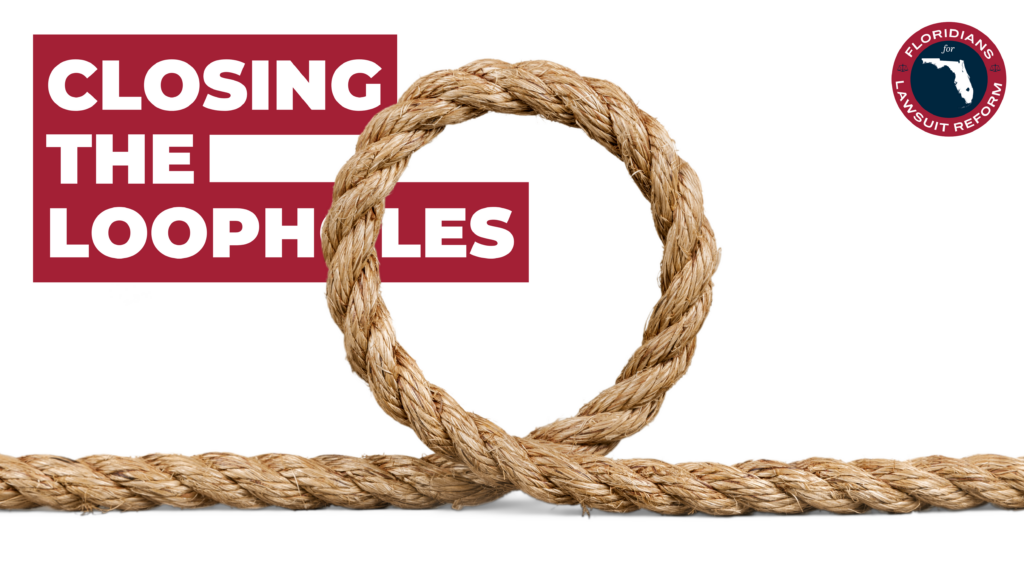
By Louis Llovio | 4:30 p.m. April 11, 2023
Additional state legislation to hamstring what lawyers can collect is one step closer to approval.
SB 1002 has cleared the rules committee in Tallahassee and could soon be taken up by the entire Senate. The committee voted in favor of the bill unanimously. A companion bill, HB 541, was approved by the House Commerce Committee on Monday by a 16-2 vote.
The two pieces aim to change state laws that, according to tort reform advocates, allow lawyers and repair shops to cash in on window replacements.
The bills close so-called loopholes in the current law and will keep vendors from taking assignments of insurance policy benefits for auto glass claims. The senate bill would also prohibit glass companies from giving perks to customers to get them to file an insurance claim.
Fix the Cracks, an advocacy group backed by several organizations backing tort reform, say that there were 591 glass and windshield claim lawsuits filed in 2011. That grew to 37,000 last year. And the initiative says 20 lawyers “were the most prolific filers of auto glass litigation last year, making up 95% of auto glass lawsuits.”
The two pieces of legislation, the group says, will “address problems caused by some glass vendors and attorneys who have in recent years churned out unnecessary litigation, teaming up to exploit Florida law and hurt insurance consumers in the end.”
The windshield legislation is part of a larger effort in Tallahassee this legislative session to cut down on lawsuits by clamping down on the fees lawyers and others can charge. Cutting fees, proponents says, will take away incentives to file lawsuits.
Critics, however, say what’s happening is that consumers are losing options to collect when they are wronged and that insurance companies are the biggest beneficiaries of the reforms.
Just last month, Gov. Ron DeSantis signed into law new measures that, in part create “reasonable” attorney fees for most civil suits, reduce the statute of limitations for negligence actions and provide “standards for evidence” to calculate damages for medical expenses. It also reduces the statute of limitations for general negligence cases from four years to two years.
That bill was filed by House Judiciary Chair Tommy Gregory, R-Lakewood Ranch, along with Tom Fabricio, R-Miami Lakes.
